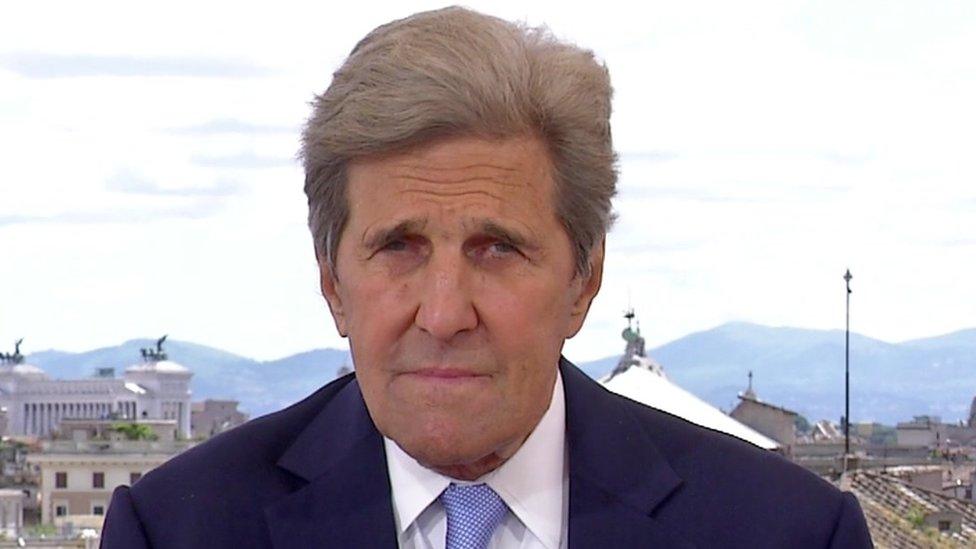John Kerry: US climate envoy criticised for optimism on clean tech
- Published
US climate envoy John Kerry: 50% of carbon emission cuts to come from technology "we don't yet have"
America’s climate envoy John Kerry has been ridiculed for saying technologies that don’t yet exist will play a huge role in stabilising the climate.
Speaking on the BBC’s Andrew Marr show, he said the US was leading the world on climate change - and rapidly phasing out coal-fired power stations.
But he rejected a suggestion that Americans need to change their consumption patterns by, say, eating less meat.
He said: “You don't have to give up quality of life to achieve some of the things we want to achieve.
“I’m told by scientists that 50% of the reductions we have to make (to get to near zero emissions) by 2050 or 2045 are going to come from technologies we don’t yet have.”
But his faith in unknown technologies has left some leading engineers aghast.
'Not enough time'
Julian Allwood, professor of engineering and the environment at the University of Cambridge, told BBC News: "It's virtually impossible for new energy infrastructure technologies to have a significant effect on global emissions in the time we have left to act."
He warned that with every new energy-infrastructure technology so far, it's taken 30-100 years from invention to 5% penetration of existing markets.
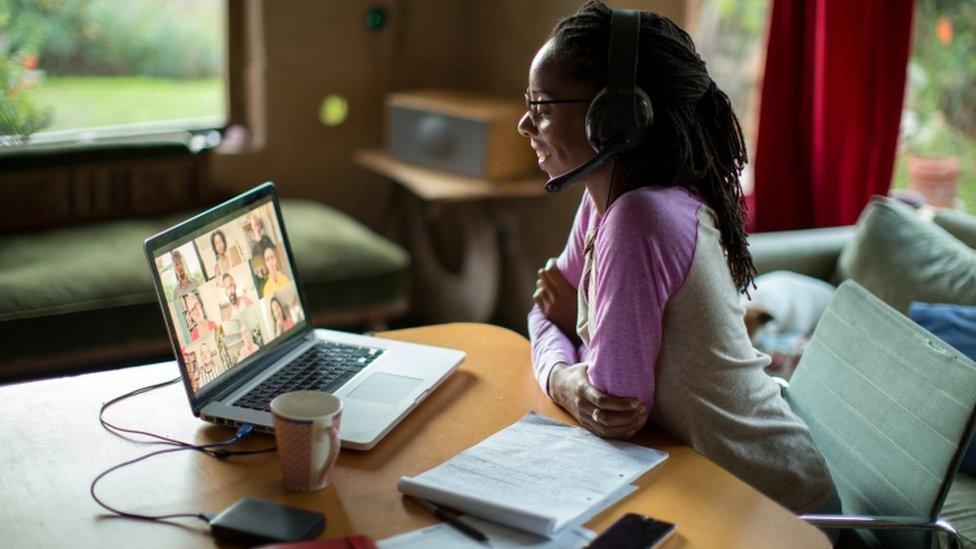
Julian Allwood says the most important innovations will come in areas such as remote working
"Firstly," he said, "the new idea is developed from laboratory through increasing pilot scales to initial introduction to national systems.
“We have to solve physical and operational issues, solve problems with integration, develop legal and environmental regulations, understand financing requirements and explore social consent as the first accidents occur.
“Growth then occurs at a linear rate, as government appetite for risk is constrained, and the incumbent technology fights to avoid closure."
He said no country has ever introduced a new electricity generating technology at an average rate faster than 2% of national demand per year.
“Despite politicians' wishful thinking," he continued, "the most important innovation opportunities will be not about new technologies, but new businesses in areas such as remote working."
Dr Jen Baxter, a spokeswoman for the Institution of Mechanical Engineers, agreed that John Kerry’s timescale “seems very optimistic”.
She said some vital existing technologies such as capturing carbon from power stations and sucking CO2 directly from the air are not yet ready for mass usage.
So, rather than putting faith in start-up technologies, the world should focus on existing technologies.
“We need to make use of every technology,” she said. “It’s going to be a massive amount of work and these time frames are going to be long.”
“There needs to be lifestyle changes, too - such as getting people on to public transport.”
The prominent British engineer, Baroness Brown, said the climate crisis couldn’t be solved without eating less meat.
'Frankly ridiculous'
Some scientists, though, applauded Mr Kerry’s techno-optimism.
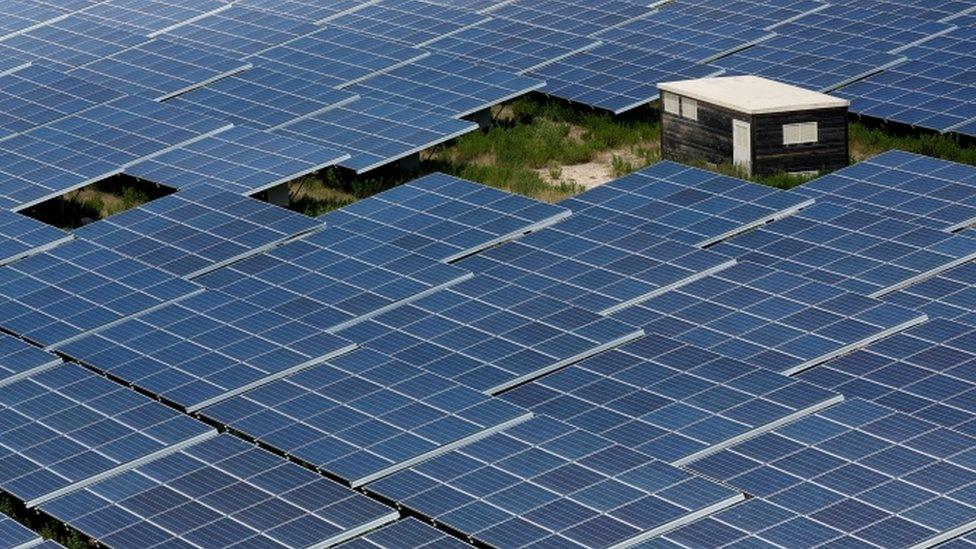
Craig Bennett said most benefits would come from existing industries such as solar
The UK’s former chief scientist, Professor Dave King, is a leading voice in Mission Innovation - a global initiative working to accelerate clean energy innovation.
It’s spending $25bn of public money between the 25 nations in the coalition, rising to more than $40bn by 2025.
He said: "We need regulatory measures to bring the new technologies rapidly into the market place, and carbon pricing on oil, gas and coal extraction to speed up the process."
But he, too, agreed we also need lifestyle changes - and new rules to force clean technologies on to the market.
Craig Bennett from the UK Wildlife Trusts told BBC News Mr Kerry’s remarks were “frankly ridiculous”.
He said: “Of course we will benefit from new technologies, but they are most likely to be in industries that already exist such as renewables and energy storage - rather than some widget that we can’t imagine at the moment.”
“We also need some forms of behaviour change, like walking and cycling more and eating less meat. These policies deliver health benefits anyway.”
In his interview, Mr Kerry defended the US record on combating climate change, saying President Biden was leading the charge to get to net zero.
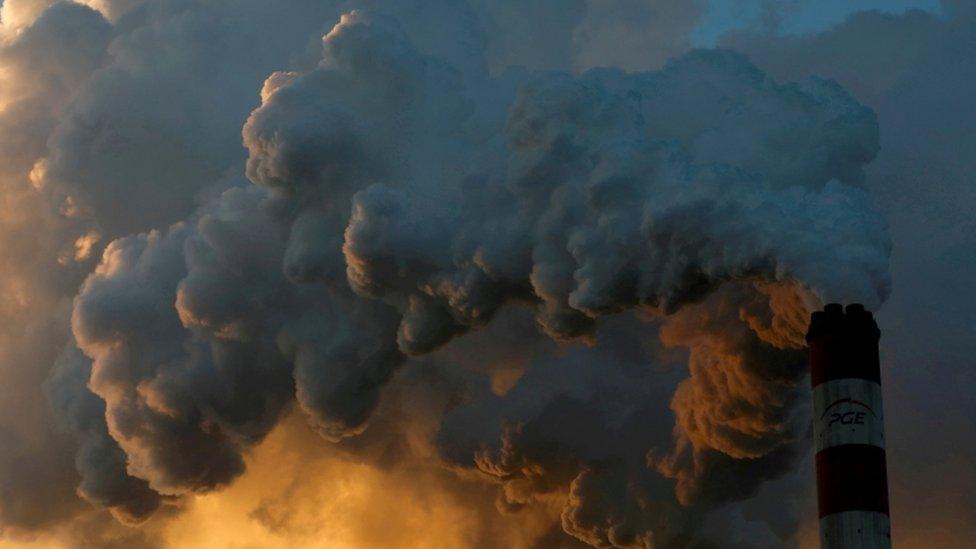
Mr Kerry says it is now impossible to finance coal-fired power plants in the US
He said some 58 US coal-fired power stations were slated for closure, and said it was impossible to get finance to build new ones:
"The marketplace has made a decision about coal. You couldn’t build a new coal fired power plant in the United States because you can’t finance it, nor even in Europe and other places.
“We’ve been pushing very hard for countries to begin to move away from fossil fuel and towards alternative, renewable, sustainable energy sources and I think, again, the marketplace is going to make that happen."
He said it was US policy to switch to renewable energy sources as quickly as possible: "We are moving to alternative renewable energy. Our incentives are towards renewable alternative energy. Seventy-five percent of the electricity that’s new, that came online in the last years, came online through renewables.
“So, we’re going to do what we need to do to do our fair share of this and to take a leadership role and we’re doing that now."
He rejected pessimism on climate change and said: “We’ll not only get there (to Net Zero emissions), we’ll get there sooner than people think."
Follow Roger on Twitter @rharrabin
Related topics
- Published14 May 2021
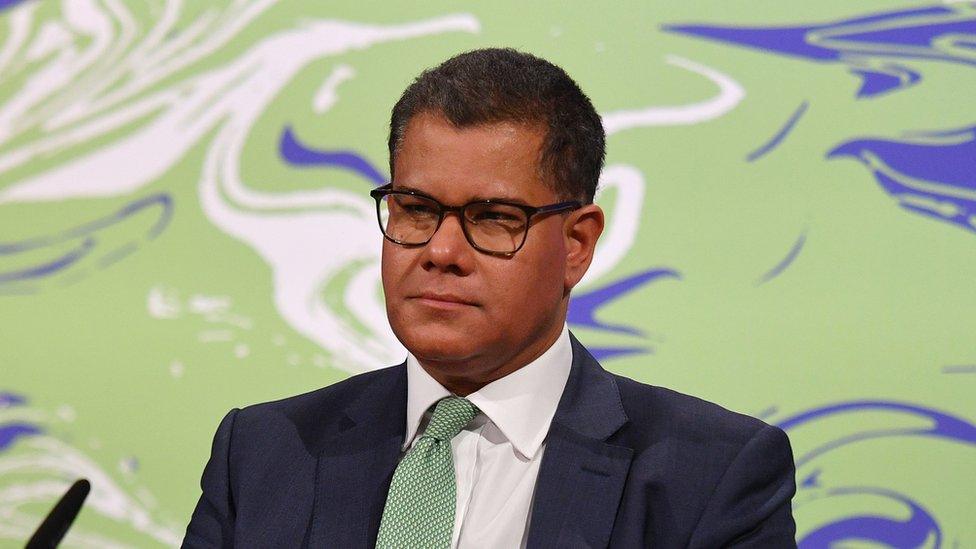
- Published31 October 2021
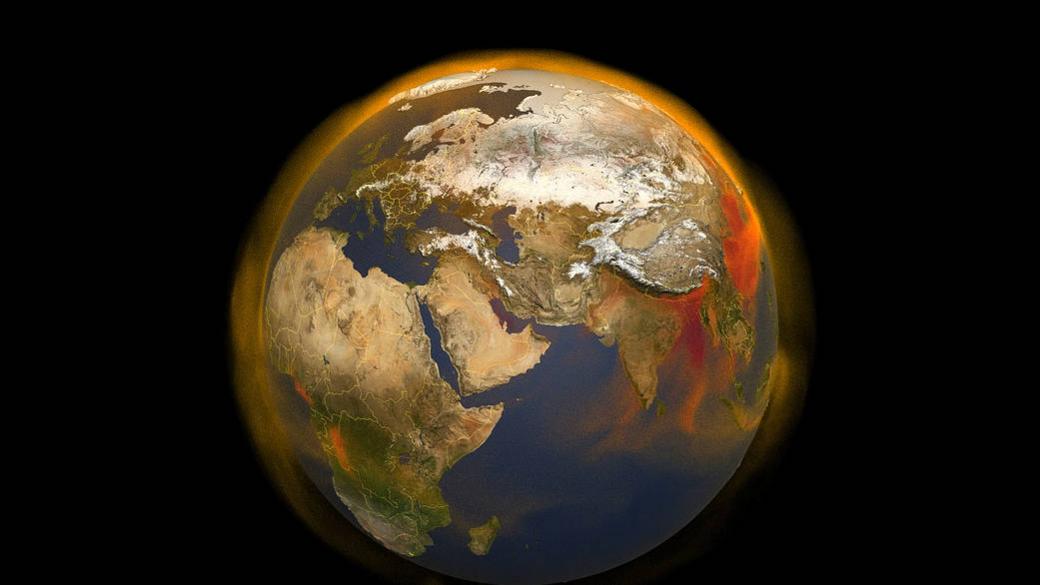
- Published16 May 2021
